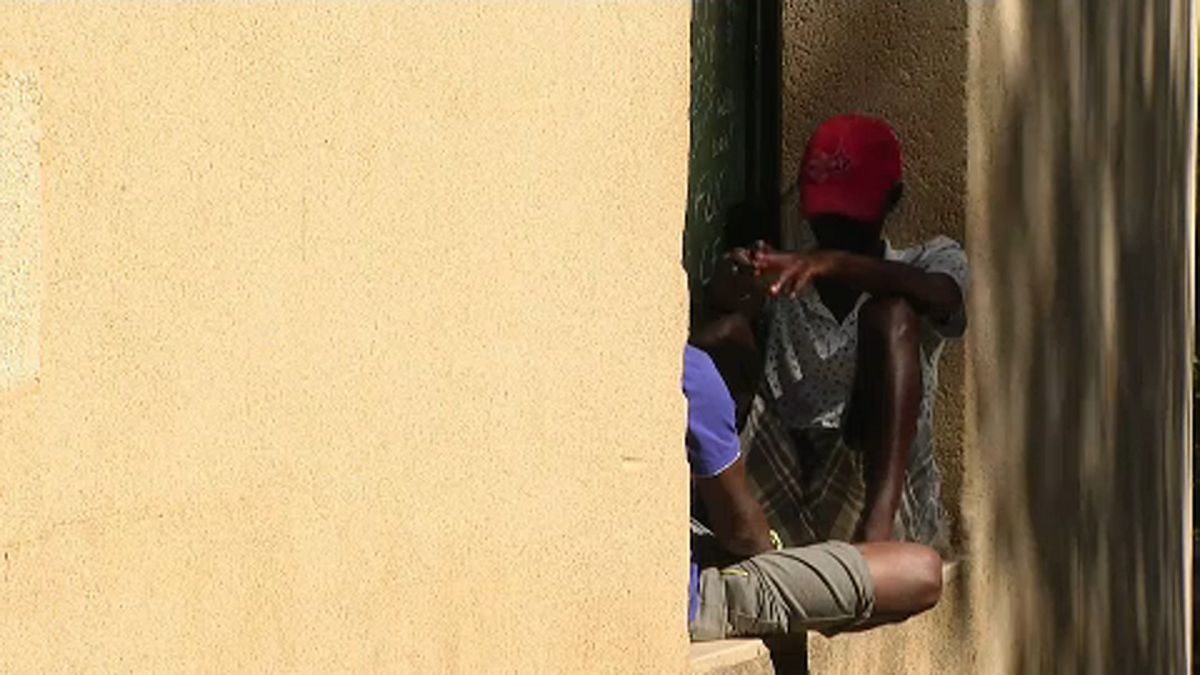A fence more than eight kilometers long surrounds Ceuta, a Spanish enclave located in North Africa. Its objective is to prevent the arrival of migrants.
A fence more than eight kilometers long surrounds Ceuta, a Spanish enclave located in North Africa.
Its objective is to prevent the arrival of migrants. Since its construction began in the year 2000 it has been reinforced, even with “concertinas” (small razor blades), and equipped with the latest technology.
"There are two parallel fences of 6 meters high, it has an exterior sensor system that is connected to a central control room where we can detect any intrusion attempt, and it also has a camera system," explains Guardia Civil spokesman Alfonso Cruzado.
The migrants who manage however to enter Ceuta are welcomed into this temporary stay center where TV cameras are not allowed.
But we have been able to visit it and talk to the director who faces problems of overcrowding.
"In fact there are 512 places for residents and we currently have 890 occupied spaces. So this over-occupation takes us to work a bit differently from what we would like with immigrants," says Jose Manuel Duran Alguacil, Director of the Temporary Stay Center.
Here they wait for the police to identify them and decide their next destination.
And they recall their long journey from Guinea Conakry through the desert, Algeria, Morocco until the moment they jumped over the fence.
“There were people wounded, there were people who suffered a lot coming here. Even me, I had wounds on my body, my leg was torn. It was a bit difficult, too difficult even," says Yamusa Silibi.
Spain has readmission agreements with five African countries, including Morocco, with whom it also cooperates on border surveillance.
But this cooperation has a price, as this NGO that works with migrants arriving in Ceuta, can account for.
"It (Morocco) is really taking advantage of its strategic situation and of course it is getting many favors and a lot of money from the European Union. Then when it wants to get something, it opens the border (to let migrants enter Europe)," explains Paula Dominfo, a social worker.
Morocco has asked 130 million euros from the European Union to cooperate on the fight against migration. And Spain supports Rabat on this issue.
The surveillance system that Spain has established in Ceuta has been carefully studied in the European Union. And it can even be considered as a precursor of the policies that are to be adopted at EU level.
